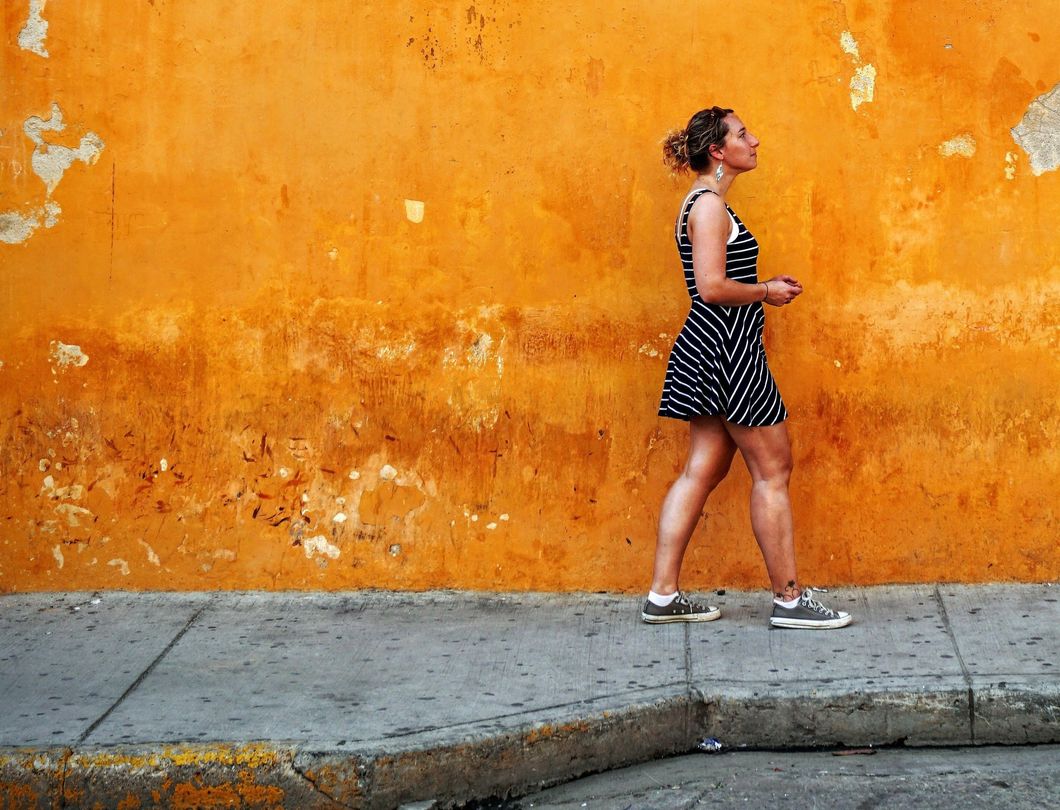Growing up, I was an enthusiastic kid with ever-changing interests. My parents encouraged me to explore my endless stream of fixations: guitar, piano, track, ballet, theater, and others I've since forgotten. When I lost interest after a matter of years (or months, or weeks), they gave me the freedom to drop each hobby in favor of something else.
I'm so appreciative of how much support they gave me. I'm a pretty well-rounded person because I dabbled in so many things. At the same time, I wish the value of seeing something through to the end was more instilled in me. As a 19-year-old, I can pluck the keys of a piano and eke out one or two songs. I have enough stamina from my cross-country days to run for a few miles without wiping out. But I don't consider myself a master of anything.
As a linguistics major, the skill I wish I had mastered as a child is fluency in Spanish, my dad's native tongue. My father spent part of his childhood in Puerto Rico, and the rest in a heavily Puerto Rican area of Queens. He grew up speaking Spanish with my grandmother and with his friends, but in college, his dependence on the language stagnated. By the time he entered the workforce and married my mom, there was virtually no need to communicate in Spanish except when visiting my grandma.
My mother only speaks English, so raising me and my brothers to be bilingual probably didn't make much sense to my dad. Thus, it was never spoken in the house. We often ate Puerto Rican dishes for dinner and my dad always pumped salsa music through his speakers when we hosted house parties, so to an extent, the culture in which my dad was raised was present in my household. But almost everything I know of my father's native language I learned in school.
My dad developed a kind of dual identity from growing up fluent in two languages, something many of my bilingual friends have attested to as well. They are privy to two very different cultures, experiences, frames of reference... two completely different worlds. My friends say this was hard as kids, and that they often felt like they didn't fit in among their monolingual peers. Now, though, they feel their link to another language and culture is the most rewarding and important part of their identity.
I can't help but wish that if there was one thing my parents had instilled in me and encouraged me not to drop, it was Spanish. Instead, I inhabit this strange in-between state. I know what my heritage is, but I'm never fully connected to it. My relatives smile amusedly to each other during our conversations at family reunions when I try to communicate with my bare-bones speaking skills. I'm Puerto Rican, but I'm not. I neither look it, nor can I properly speak Spanish.
As I get older, I make a stronger effort to forge a bond between myself and my dad's native language. But I'm not sure it will ever be enough. Scientists say the sweet spot for language acquisition is from early childhood to age 10, and I'm far past that. But I continue to try, and this is one interest I'm never going to give up on.



































